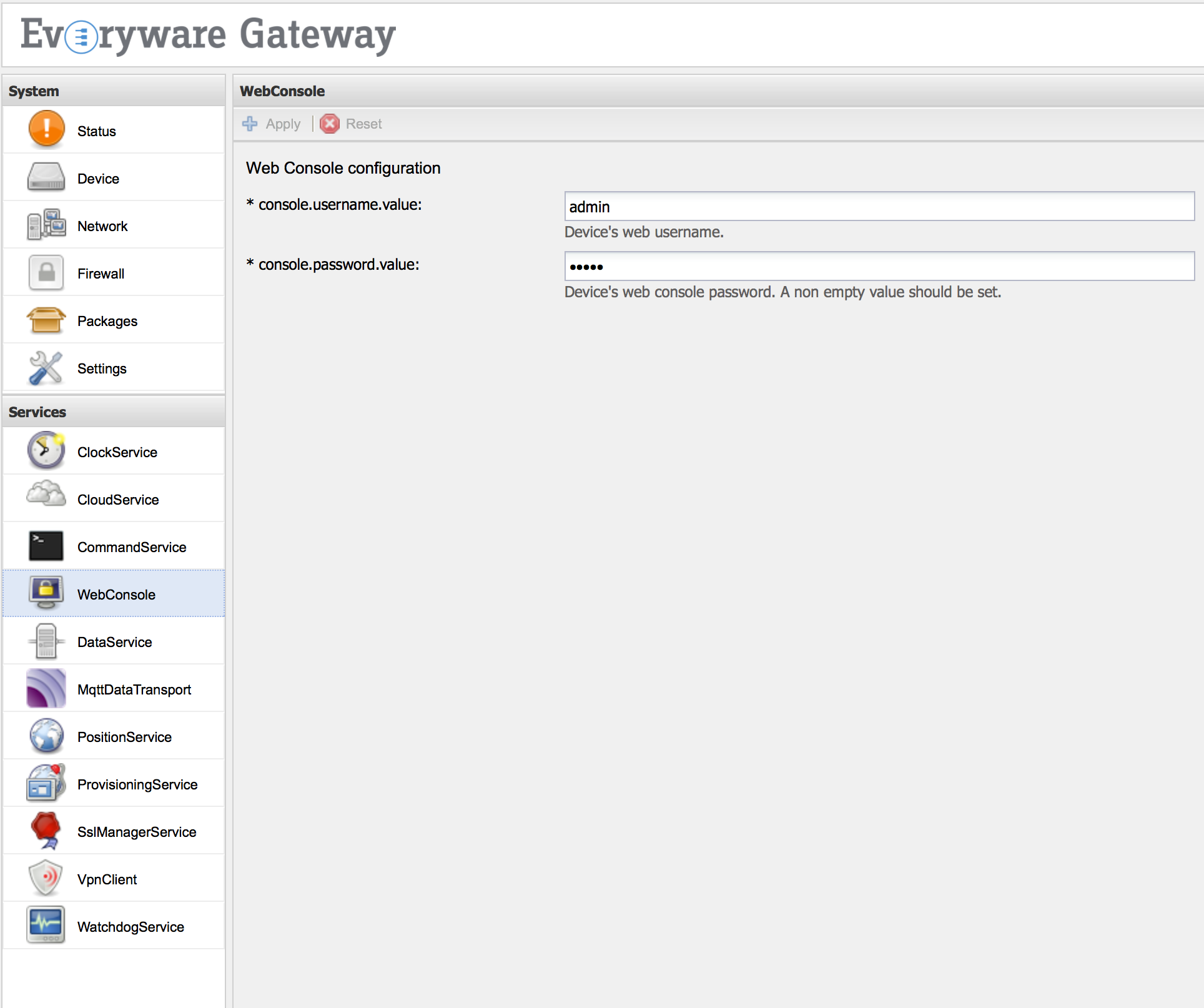

When pasting in the key, a newline often is added at the end. This command produces the two keys needed for SSH authentication: your private key ( id_rsa ) and the public key ( id_rsa.pub ).Īvoid adding whitespace or new lines into the Key Data field, as they can cause Azure DevOps to use an invalid public key. Your public key has been saved in /c/Users/jamal/.ssh/id_rsa.pub. Your identification has been saved in /c/Users/jamal/.ssh/id_rsa.

$ ssh-keygen -C public/private rsa key pair.Įnter file in which to save the key (/c/Users/jamal/.ssh/id_rsa):Įnter passphrase (empty for no passphrase): If you give a passphrase, be sure to configure the SSH agent to cache your passphrase so you don't have to enter it every time you connect. You can give a passphrase for your private key when prompted-this passphrase provides another layer of security for your private key. This command creates a 3072-bit RSA key for use with SSH. You can overwrite the keys with the following commands, or skip this step and configure your SSH keys to reuse these keys.Ĭreate your SSH keys with the ssh-keygen command from the bash prompt.

If these files exist, then you already created SSH keys. ~/.ssh folder (for example, /home/jamal/.ssh or C:\Users\jamal\.ssh) and look for the following files: These commands let you create new default SSH keys, which overwrite existing default keys. If you've already created SSH keys on your system, skip this step and configure your SSH keys.


 0 kommentar(er)
0 kommentar(er)
